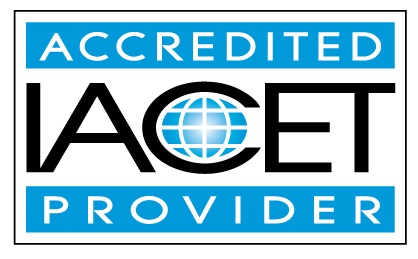Description
People who use wheelchairs are exposed to forces and environmental conditions that put them at risk for developing tissue injuries, including pressure-causing ischemia, friction-causing shear stress/strain, and heat and moisture (microclimate) which weakens the outer strata of the skin and increases localized metabolism. Pressure is always addressed using seat support surfaces, but the equally important factors of microclimate and friction and shear are often unaddressed, putting the wheelchair user at risk for further skin damage. This presentation focuses on friction, the factor that causes shear stress and strain on the skin and in deep tissues. We will review the science of friction and shear as it relates to the body of a person sitting in a wheelchair, show how localized friction reduction can be accomplished in seating without reducing stability, and show ways for a clinician to assess the friction-reducing capabilities of any support surface covering.
Learning Outcomes:
The participants will be able to describe the science of friction and shear forces and the effect on the body.
The participants will be able to relate the scientific principles of friction and shear in seating to protect tissue from these forces.
The participants will be able to recognize how low friction fabrics can influence functional stability and mobility in seating.
The participants will be able to apply new learning and complete a hands-on clinical assessment of friction.
Mark Payette, CO, ATP, has 24 years of direct patient care experience providing custom orthotic seating services for children at Gillette Children’s Hospital, and then in private practice for children and adults, with Tamarack Habilitation Technologies, Inc. Following that, he has been working in product development for 14 years at Tamarack, focusing on developing friction management and custom wheelchair seat surface technologies. His experience includes presenting lectures and workshops at the local, national and international levels.
Caroline Portoghese, OTR/L, ATP/SMS, MSCS, LNHA, MBA, has worked in healthcare since 1995. She has focused on seating and wheeled mobility since 1998. She was a custom Seating Practitioner at Fairview Tamarack Clinic until 2004, and worked in outpatient specialty clinics, and post-acute care, through Fairview Rehabilitation Services at the University of Minnesota Medical Center. She re-joined Tamarack in 2017. She sits on the Corporate Advisory Council for the National Pressure Ulcer Advisory Panel (NPUAP) and is on two RESNA Standards Committees: Support Surfaces Standards (S3I), and Wheelchairs and Related Seating (WRS). Her experience includes presenting lectures and workshops at the local, national, and international


